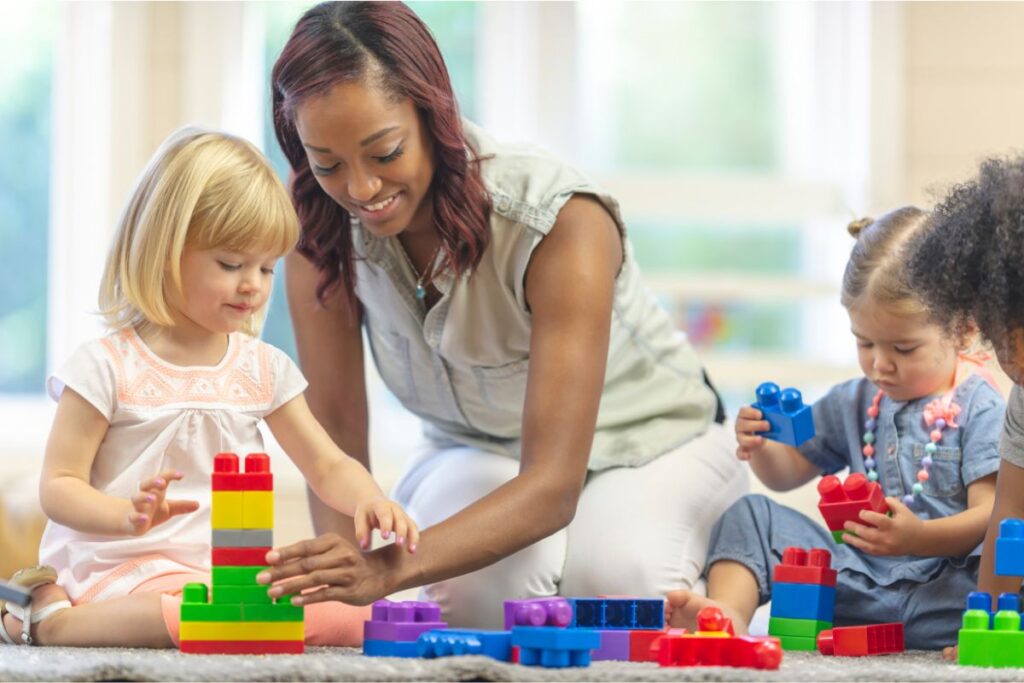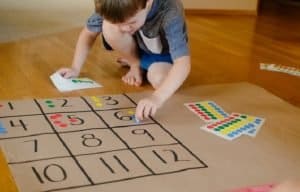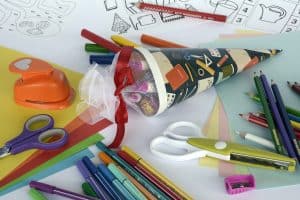Parents often think of board games as old-fashioned or worth less. But in fact, these games can play a vital role in mental growth and skills development. If parents play board games with children during weekends or vacations, this may help to build friendly relationships.
Besides all the other benefits we will discuss below, playing games helps build personal characteristics at an early stage. Some popular characteristics include tolerance, working in a team, facing losing, and enjoying winning situations. With time, the skills will get more and more refined, besides that they will also develop strong memories.
How Board Games Can Help a Child to Learn Skills
Below are five ways your child can learn skills by playing board games at home.
Learn to Follow Rules
Tabletop games are a good starting point to start with your child; this helps them to understand that they have to wait for their turn. Once they start taking an interest, you can easily communicate the rules of the game.
Always start with a basic table game and then move up slowly. You can add a few more complex games or can make the group a little bigger. If you teach your child that cheating is not allowed in-game, this helps them to understand that in real life cheating is a sin.
Logical & Math Skills
A lot of games have numeric calculations involved. This helps a child to learn basic math while playing games. Just like if you play Monopoly or LUDO, both involve many types of subtraction and addition workouts.
Besides that, some games also involve probability, where you have to find the chances of an outcome. But that needs a bit higher level of understanding. Such games are suitable for little young kids.
Language Learning
Playing different board games helps a child to learn the language. As they have to communicate with other players and also have to listen to them. Therefore, in the long run, playing games on a tabletop helps your child to increase his/her literacy.
On the other side, they may have to read out the game instructions available on the card. Many puzzle games aim to teach spelling and the letters of a given word. These involve presenting random letters and then letting the child solve them.
Brain Development
Several aspects of brain development occur when you play games with your child. This includes but is not limited to cognitive, visual, concentration, and perceptual skills. Like if you are playing your move, your child also has to focus on your move.
Similarly, they will learn to make decisions within time, especially when playing a strategic board game. Failure learning also helps to improve the mental maturity of a child, thus contributing to overall development.
Problem Solving
Some board games help to learn problem-solving skills for a child. Like if a child is playing a word puzzle game, this can help him to learn two skills at the same time. One is problem-solving and the other is language.
A good board game always involves some thinking process. This not only helps them to create new strategies for a winning situation but also the outcomes for each move. Moreover, this style of thinking also promotes out-of-box thinking behavior.
How ‘Rare Learning’ Pre-K Program Adapting This
We at Rare Learning strongly believe in all the above concepts we discussed. That’s why we have designed all our programs according to a child’s natural curiosity and modalities. Most of our programs are designed for ages between 4-5 and then 5-6 years.
All of the programs include activities as they help to develop spatial, kinesthetic, logical and mathematics skills. The most common games include crosswords, find differences, scrabble, monopoly, Lego, tic tac toe, and more. The games can be played electronically or physically, but the objective remains the same.
We also offer Free trial classes for all our programs. That helps a parent to get an overview of the quality they can get with Rare Learning Pre-K Programs. If you have any questions, we are at your disposal 24/7 either at live chat or via the Contact US form.








